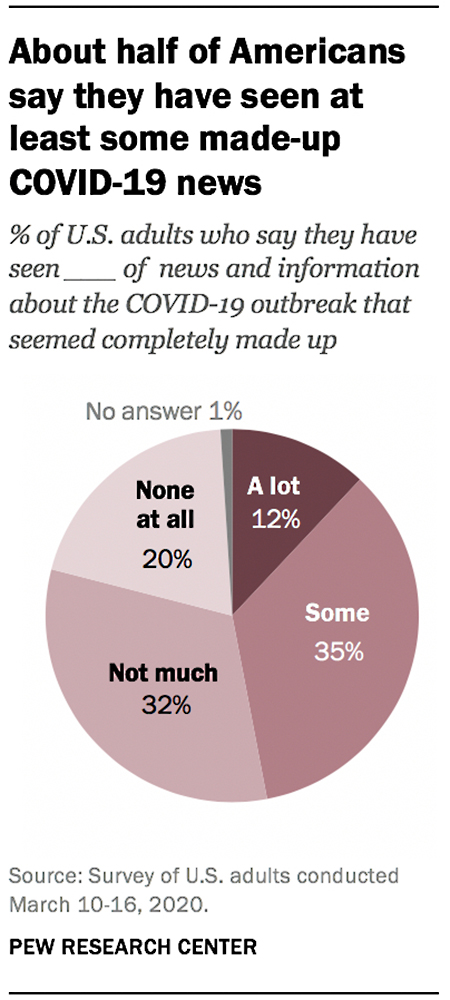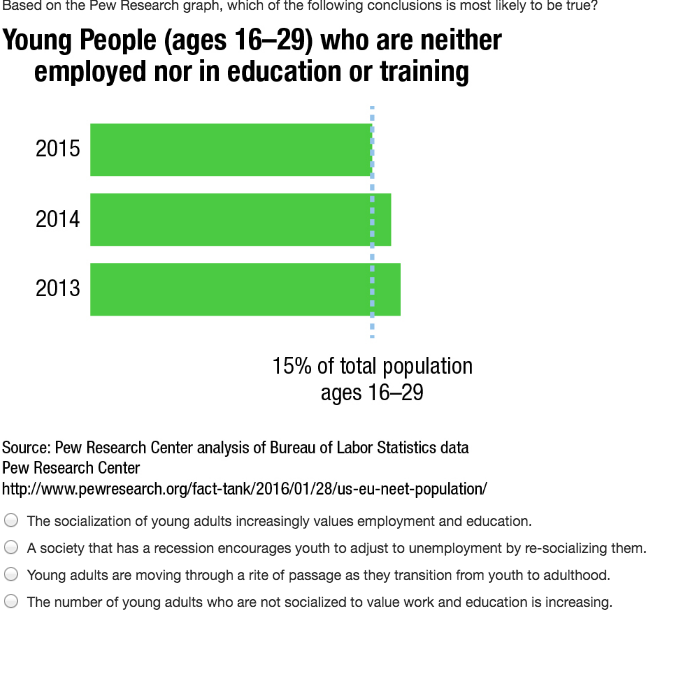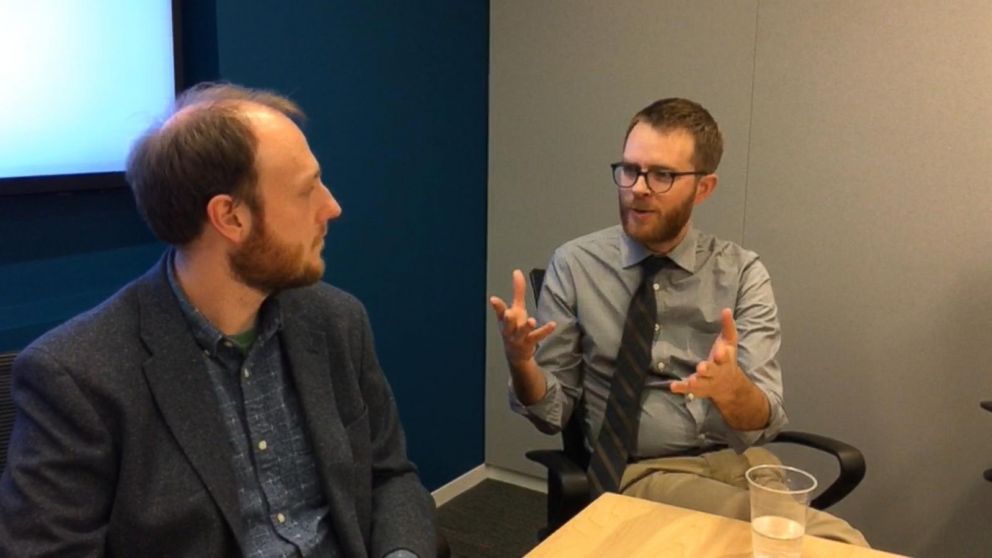

Two overarching insights about the future of the metaverse “The Metaverse in 2040” by Pew Research Center and Elon University’s Imagining the Internet Center Source: Nonscientific canvassing of select experts conducted Feb.

These settings can be created as fully synthetic computer-generated content, they can be made of real-world content (set in actual 360-degree video), or they can be a hybrid of both.
PHEW RESEARCH FREE
They also worry about the ability of those in control of these digital systems to shape what people do and stifle their ability to self-actualize through the exercise of their own free will,” Anderson said.

They said current problems with social media could be magnified, especially if the development of XR is led by the mega-tech companies that own and operate most of the most-visited public spaces on the Web today. “And second, a notable share warned that extended reality (XR) tools could dramatically magnify every human trait and tendency – both the bad and the good.
PHEW RESEARCH FULL
“First, many expect full virtual reality (VR) to remain primarily a niche space for gaming and entertainment – that it will not be as well-developed and broadly embraced in people’s daily lives by 2040 as augmented-reality (AR) tools that people can simply and easily use to create information layers in the real world. “Two leading themes emerged from these experts’ responses,” said Janna Quitney Anderson, professor of communications and executive director of the Imagining the Internet Center. Professor Janna Quitney Anderson, director of the Imagining the Internet Center In all, 624 respondents shared their views, 54% of saying they expect by 2040 the metaverse will be a much-more-refined and truly fully-immersive, well-functioning aspect of daily life for a half billion or more people globally, and 46% said that they expect that will not happen. It is based on a nonscientific canvassing of technology innovators, developers, business and policy leaders, researchers and activists who were asked to consider the trajectory and impact of the metaverse by 2040.
PHEW RESEARCH SERIES
This report is part of a long-running series about the future of digital life. More than 600 experts’ views of this potential future are explored in a new report by Pew Research Center and Elon University’s Imagining the Internet Center.

Some warn that the problems arising from today’s uses of online tools may pose even greater threats when digital life becomes even more all-encompassing. Many predict that augmented- and mixed-reality enhancements will become more useful in our daily lives in the next 18 years than fully-immersive virtual reality. The evolution of technology to extend the bounds of reality – creating a multidimensional world known as the metaverse – has experts pondering its potential benefits and drawbacks for humanity.


 0 kommentar(er)
0 kommentar(er)
